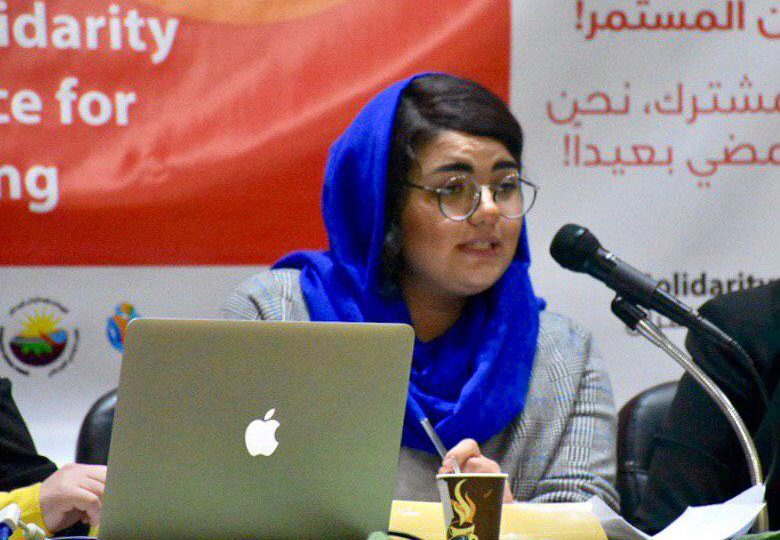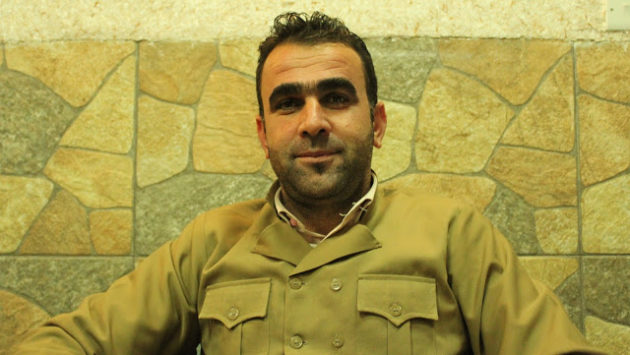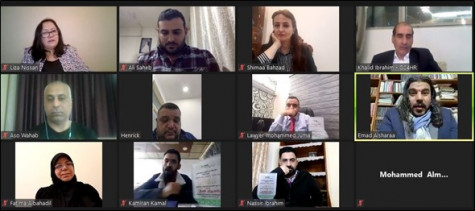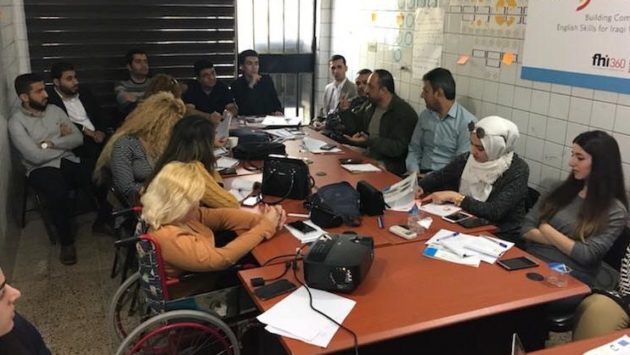Basra: Between demonstrating as a constitutional right, and entering the tunnel of procrastination
The protest movement and demonstrations in Basra continued for years because of poor services and instability in the city. But the protests saw a rebirth at a fast pace in July 2018. Protestor demands included health and education services, clean water for human consumption, and jobs in the public sector. It is difficult to get a government job today, and employment in foreign companies has become merely a dream for Basra youth.
Crises in Basra accumulated and there was a lack of attention by the government to the demands of the masses or try to address them. There was a lack of jobs and services for people, and projects were granted to influential parties. These reasons led to a rise in public demonstrations, especially after the increasing signs of corruption like the disclosure that certain effective positions in the government were being sold. This prompted the demonstrators to escalate claims to eliminate corruption, and for accountability of corrupt people and establishing political reform. Others demanded more radical change of local government in the city.
On the other hand, last year worsening water pollution doubled the number of people with various diseases and epidemics. Where the crisis led to the injury of more than (100,000) citizens. This came at a time when the health services in Basra are almost non-existent and limited to one hospital, despite the increased risk of exposure to contaminated water and carcinogenic gases.
The people of Basra believe that there are clear and dangerous interventions by oil companies in Basra. Basra is one of the cities most affected by cancer and congenital malformations, especially in areas close to sources of pollution (oil and gas companies and their operations). Others see a more damaging role in addition to the effects of pollution resulting from these companies: the excessive consumption of Basra’s water resources used to inject oil wells during the exploration operations necessary to extract oil. This has caused the lower levels of water in the Shatt al-Arab, and increases in the concentration of salts coming from the Gulf and pollution of the Shatt al-Arab which covered large agricultural areas. Such events led to the death of animals and fish, as well as rare migratory birds from the region. The concentration of mineral salts in the waters of Basra is now more than 20 times higher than the specifications recommended by Iraqi standards. It is noteworthy that the toxicity of this water is not because of the extension of the salts coming from the Gulf, but because of the pumping of pollutants (industrial and petrochemical waste) into the water, whether coming from neighboring countries or from inside Basra towards the Shatt al-Arab. Sewage channels are also being linked with these waterways. It is advised that this water should not be used for living needs, so why is the Iraqi government continuing to pump it as drinking water?
Violations against demonstrators
Human rights violations in Basra have escalated significantly over the past years as citizens in Basra increase participation in large demonstrations. According to data from the Iraqi Commission on Human Rights, the period from 1 August to 7 September 2018 saw the arrest of 425 people. This is in addition to the 20 killed and 492 wounded, including 80 members of the security forces. It was established through interviews with eyewitnesses that the security forces resorted to the deliberate use of live bullets against the demonstrators in the summer demonstrations of 2018, as well as torture. This led to the death of some of the detainees who were beaten during detention by the security forces. One detainee’s skull was broken which caused a severe hemorrhage. Others were kidnapped and/or killed by unknown parties. Many of the arrests were based on lists of demonstrators’ names who were detained without judicial warrants (in some cases random arrests of groups of demonstrators during or after the demonstrations). Those arrested were falsely charged and were released only on bail and with a vow not to demonstrate again. Some detainees were forced to sign blank sheets of paper while they were blindfolded without knowing what will be written on them later.
Iraqi women protesters faced special risks such as explicit threats of arrest or killing by unknown entities, defamation by means of social media, or murder, as happened with Ms. Suad Al-Ali, a human rights activist who was killed in Basra. An unknown gunmen shot Suad Al-Ali as she entered her car near a small market in the Abbasiyah neighborhood, and another man, believed to be her driver, was injured in the same incident.
Solidarity with demonstrators
The Iraqis launched solidarity campaigns in the form of:
- Campaign to save Basra after the spread of pictures and video clips of hundreds of Basra citizens lying in hospitals and suffering from poisoning due to polluted water.
- Because of the Iraqi government’s attempt to cut Internet operations to block activists using social media and isolate them from the international community, Iraqi youth sought alternatives to communication, such as using VPN services and other applications to bypass blockages and continue communication.
- To deliver events to the international community and raise awareness about the demands of the Iraqi popular movement, the use of hashtags spread in English (save_the_Iraqi_people & save_Basra), and a large number of supporters of the protests wrote comments to international news agencies such as CNN and the BBC for the purpose of drawing their attention and forcing them to cover the protests. Iraqi youth managed to force the CNN page on Facebook to write a story about the protests in southern Iraq.
The demands of the initiative during the demonstrations:
The Coalition of Civil Society and the Iraqi Civil Society Solidarity Initiative asked the Iraqi government to:
- Direct its security forces not to use live bullets or excessive force against protesters and demonstrators and to instruct those who have done so to stop.
- Investigate incidents of violence against protesters, ensure accountability of officials and perpetrators, and ensure adequate compensation for the families of these victims.
- Release detainees held for their contribution to the protests in the provinces of south and central Iraq and in the capital Baghdad.
- Ensure the safety of protesters and not to threaten or intimidate them, and publicly declare a commitment to freedom of assembly and peaceful demonstration and to abide by this declaration in practice.
- Open dialogue with coordination committees to listen to their demands in general and commit to transparency in dealing with these demands, especially as most of these demands are about combating corruption and providing services to all citizens.
The coalition also called on the international community, including the UN Assistance Mission for Iraq, the European Union Mission in Iraq, and international human rights organizations, to deal seriously with events in Iraq, especially with regard to violations of human rights and international conventions that Iraq is a signatory to. The coalition urged all these parties to pressure the Iraqi government to discuss the demands of the masses. The solidarity initiative also held a dialogue session in cooperation with the Iraqi Social Forum in November 2018, which was attended by a number of local organizations and human rights defenders, during which several recommendations were produced, including a commitment to drafting a law to protect human rights defenders.
References:-
- Special interviews with human rights defenders in Basra.
- Fact-finding report / a group of Iraqi civil society organizations
- News reports
- Amnesty International Report
- Statement of the Iraqi Civil Society Solidarity Initiative.
Noor Ali
The Iraqi Civil Society Solidarity Initiative conference




